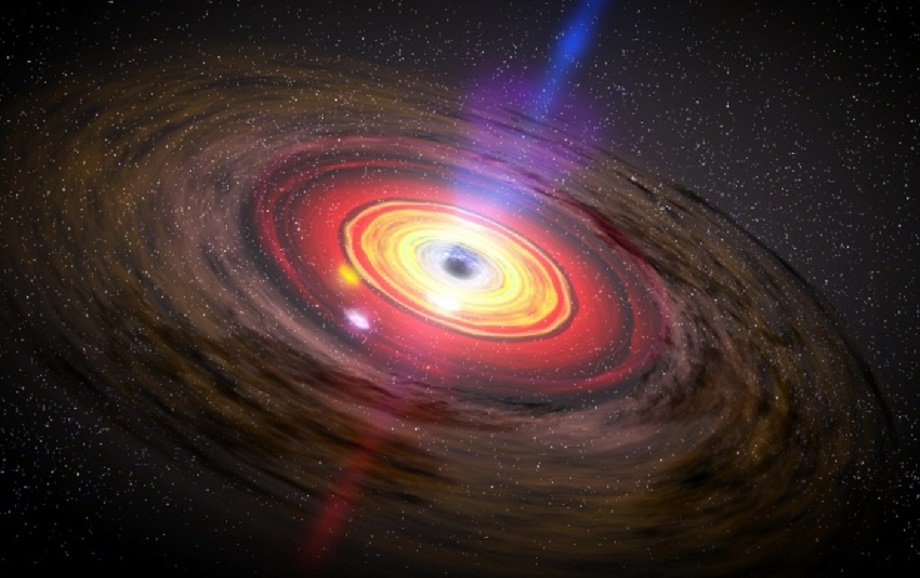
Will our Universe have an end? This may seem like a bizarre question, but the scientists took it seriously and they have tried to answer, given what we know about the Universe and its evolution. The big unknown is the so-called dark energy, which could lead to an end of the universe, but not for at least 2.8 billion years.
Our Universe is constantly expanding – its expansion, discovered in 1929 by Edwin Hubble, makes the Universe a “living” organism that is evolving and constantly changing.
Expansion of the Universe was a surprise even for Einstein, who in 1915, when he published his theory of general relativity, introduced a term into the equation, called “cosmological constant”, which was intended to “hold back gravity” and achieve a static Universe, which was the accepted view at the time.
To everyone’s big surprise, at the end of the last century, with the use of high-precision astronomical measurements, it was concluded that the expansion of the Universe is accelerating (our Universe is expanding at an accelerating rate). Why the universe evolves in this way?
The truth is we do not know – the cause of this accelerating expansion was called “dark energy”, but we currently do not know the real nature of this phenomenon. In order to take account of this accelerating expansion, Einstein’s “cosmological constant” has been reconsidered, reanalyzed. This could be related to the vacuum energy (a quantum effect) or to any other field that is similar to Higgs field (the Higgs field gives masses to the elementary particles).
If this expansion will continue at an accelerating rate or the acceleration will increase, it could result in the so-called “big break” (Big Rip) – a process resulting in the disappearance of time and space and the end of the Universe. But when such a frightening phenomenon is likely to occur?
Diego Sáez-Gómez, a researcher at the University of Lisbon, Portugal, and his colleagues, conducted a series of computer simulations based on current astronomical data.
They concluded that the Universe won’t end for at least 2.8 billion years. So, the Universe could come to an untimely end would be 2.8 billion years from now. This is a relatively short time – considering that the Big Bang occurred about 13.8 billion years ago.
Moreover, a time even shorter than that of the Sun – in about 5 billion years from now, the sun will begin to die. Will the Universe end before the sun does? Is that possible?
Calculations made by the Portuguese group just place a lower limit to the lifetime of the universe. But what is the upper limit? According to researchers, this could be infinite. So the time wouldn’t come to an end and the Universe, even if evolving, could last indefinitely.
The fact that the Universe could disappear someday looks pretty scary, isn’t it?
The big unknown is the cause of this dark energy. If we could discover what underlies the accelerating expansion of the Universe we could have a more precise idea of how it will evolve.
Dark energy may disappear someday – what would happen then? It depends: the Universe could continue its expansion, but at a steady pace, or, conversely, its expansion could slow or even turn into a contraction that would result in the “Big Crunch” – the opposite of the Big Bang.
Dark energy is one of the greatest mysteries of modern physics – apparently, the Universe is made of 70% dark energy – an enormous contribution! It is undoubtedly necessary for us to understand this form of energy in order to understand the Universe and imagine its evolution in a more or less distant future.




